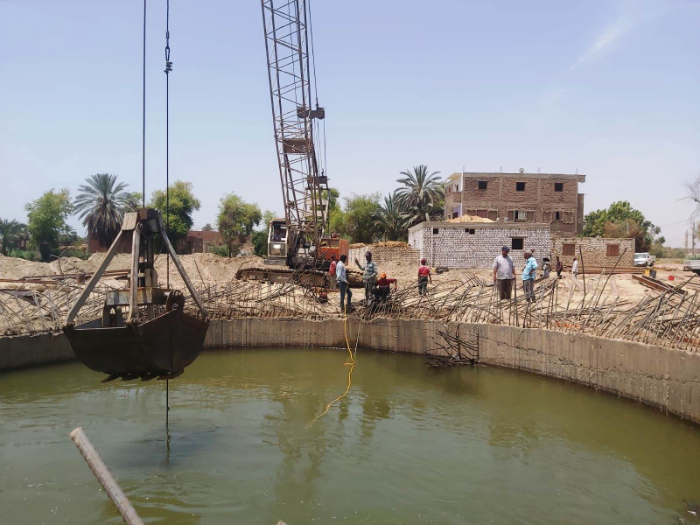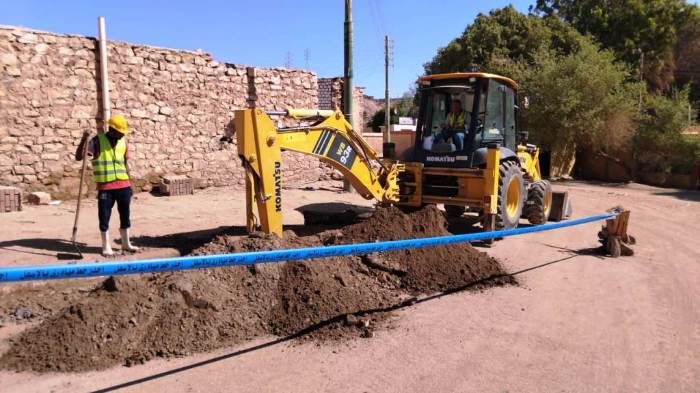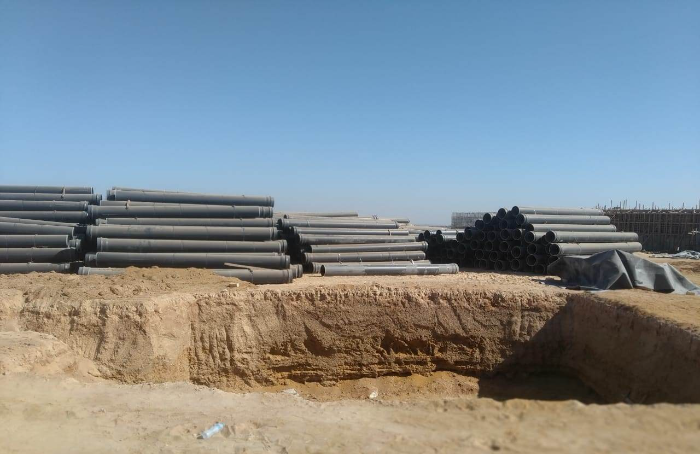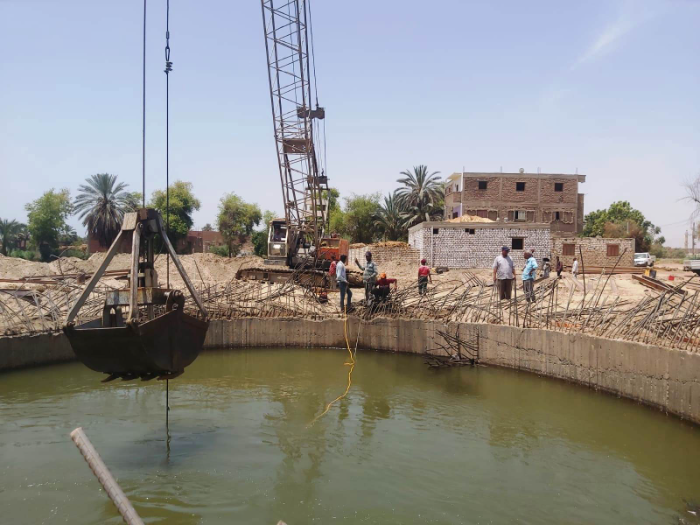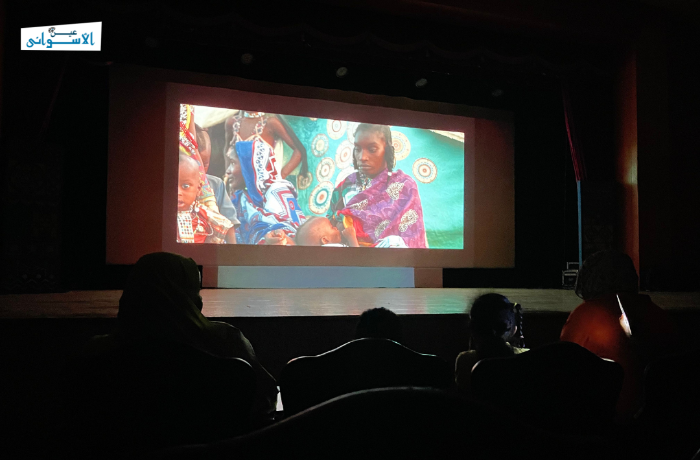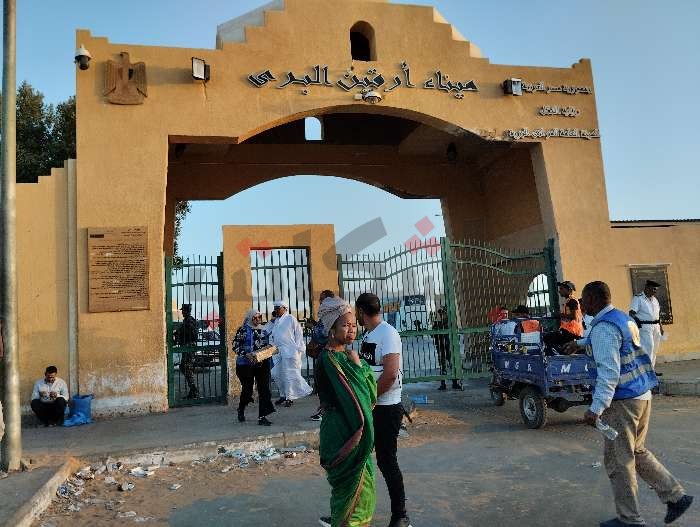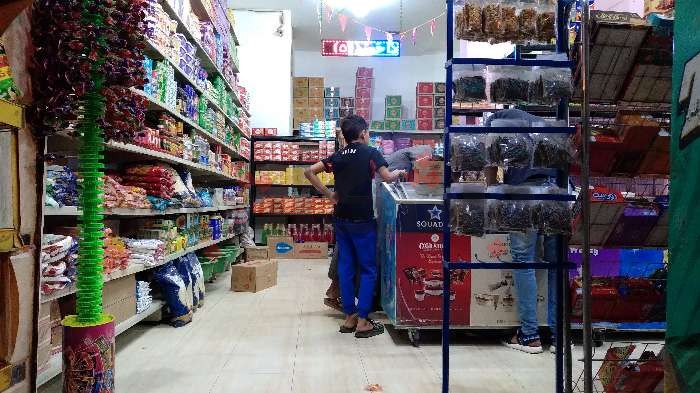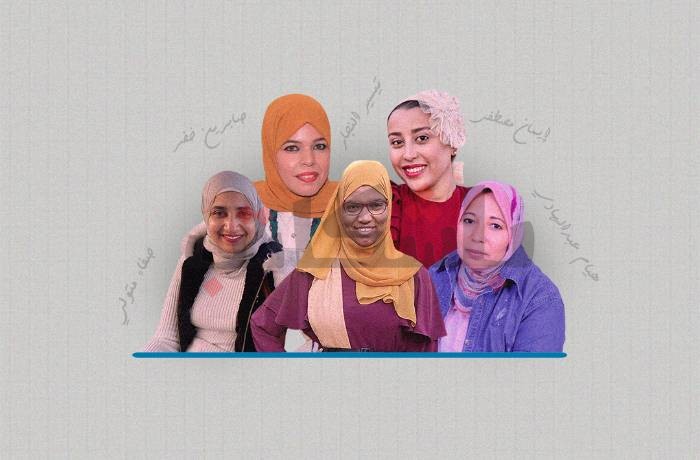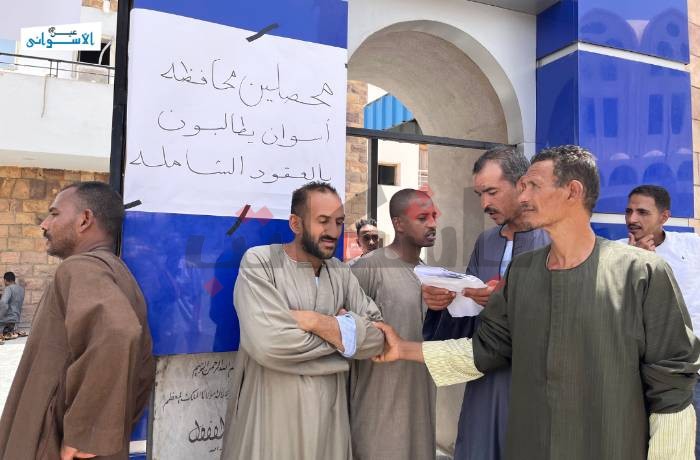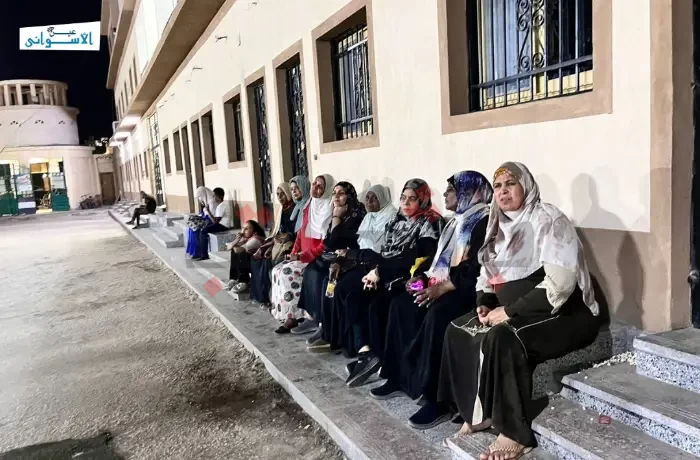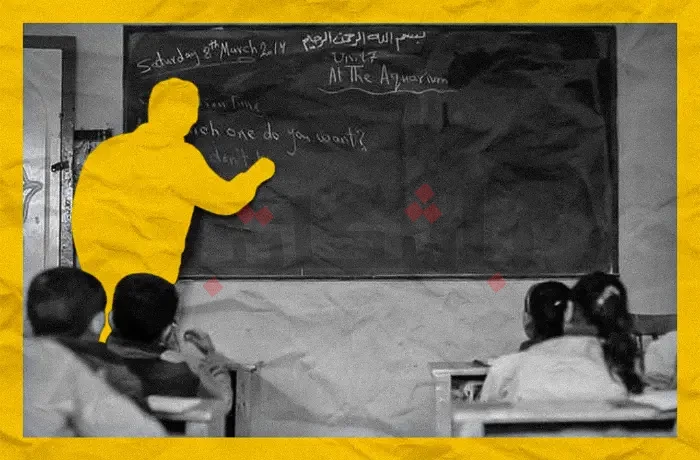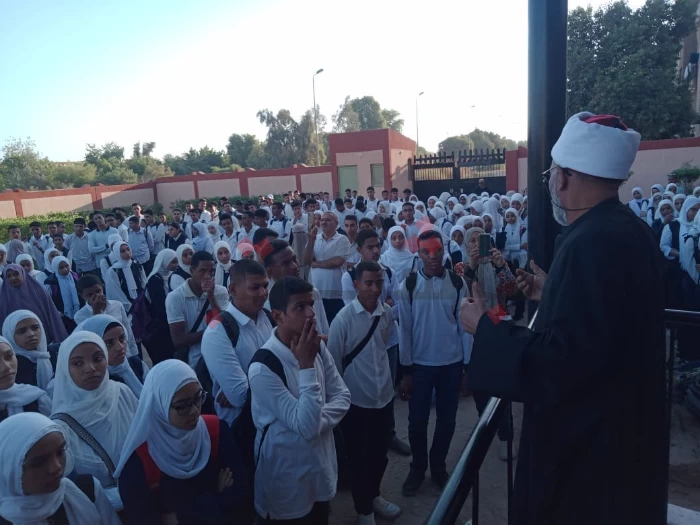Every month, Manar’s family – a pseudonym- finds themselves compelled to rent a sewage truck to empty the septic tank beneath their homes. This practice is common among the residents of Al-Shorafa hamlet, located in Edfu Town within Aswan Governorate. These residents rely on trucks specifically designated for sewage collection, which then dispose of the waste in remote mountainous areas far from the village.
The family incurs a monthly expense of approximately 150 EGP for two sewage transfers, making it one of the more affordable options. Other families, faced with larger households and higher water consumption, often have to conduct the transfer process more than twice a month, leading to greater costs. The lack of proper sanitation in the village continues to exacerbate health and environmental issues, with residents suffering from the spread of foul odors and the proliferation of insects around their homes, particularly when septic tanks overflow.
The village, like nearly half of the villages in Aswan, has endured years of unfulfilled promises regarding the implementation of a sewage network in their homes.
Not Yet!
Al-Shorafa hamlet, a part of the city of Al-Basilia along with 14 other hamlets, is located in Edfu Town, northern Aswan Governorate. With a population of approximately 15,000 people, it stands as one of the ancient cities where inhabitants have been concentrated for centuries. Manar’s family has resided in Al-Shorafa since the late 19th century – over a hundred years.
Despite various attempts, the residents have been unable to resolve the absence of a sewage network. Efforts have included transitioning from traditional rock-lined septic tanks that leaked into the soil to cement-lined septic tanks to prevent leakage, as well as attempting to reduce water consumption.
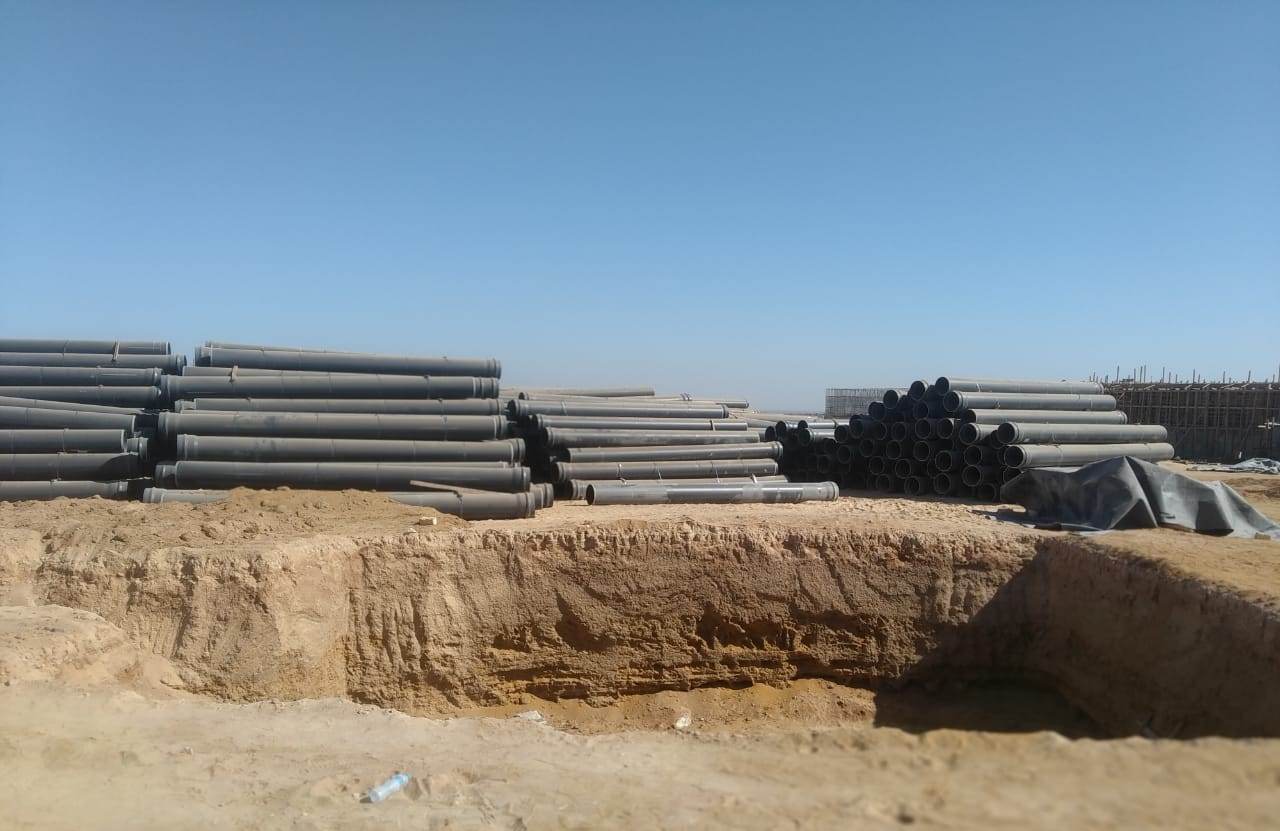
Not all families in the hamlets lacking sewage networks rely solely on disposal trucks. Some discharge waste directly into nearby canals using pipes connected to their septic tanks, others extend pipes to the mountains, and some employ water suction vehicles for waste disposal.
Manar’s family recalls the efforts by villagers and their MPs in the 1980s to secure an agreement with the Governor of Aswan. Despite promises, the implementation of a sewage network never materialized.
In a previous press statement in Youm7 newspaper from 2017, Engineer Sabry Mahmoud, Assistant Governor of Aswan for the Northern Region, mentioned that cities like Al-Seba’iya and Al-Basilia, along with villages under the local unit Al-Kalh in Edfu Town, were included in the sewage projects plan in 2007. Initial progress saw the construction of five main stations, three substations, and over 40% of internal pipes. However, work halted in 2011 when companies refused to proceed without addressing price differences.
The city’s name resurfaced in 2019 when the NGO "Haya Karima" pledged to introduce sewerage to the village, a promise yet to be fulfilled. Meanwhile, the government continues to announce the inclusion of more villages in the initiative's projects. The latest statements from Major General Dr. Ismail Kamal, Governor of Aswan, indicated that " Haya Karima" had included 90% of the governorate's villages in sanitation projects as of last September.
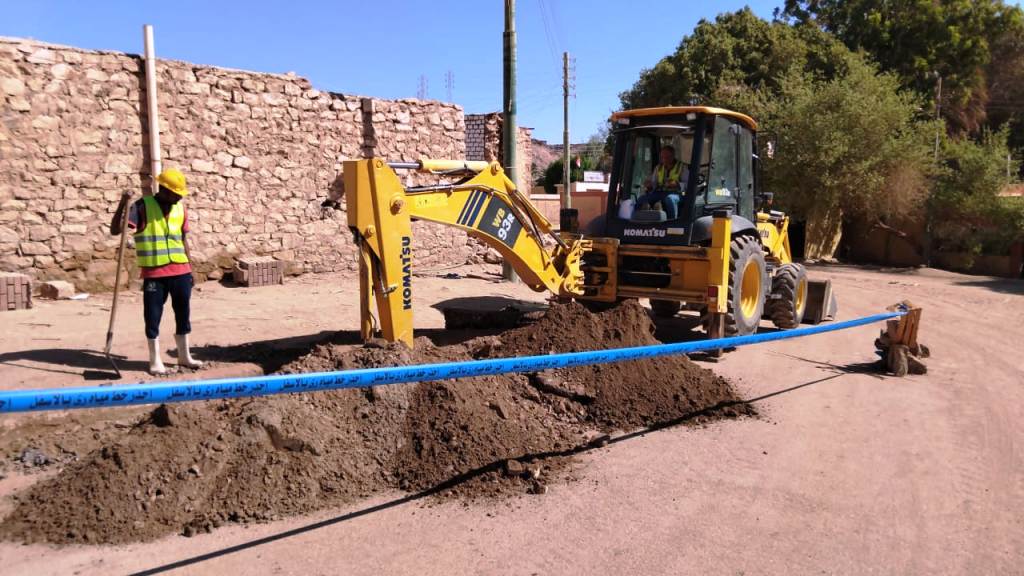
According to the 2022/2023 annual bulletin on drinking water and sanitation statistics, Aswan Governorate had 168,376 sanitation service subscriptions. However, 165,617 families remain deprived of these services, based on the monthly bulletin issued by the governorate.
Edfu Town is the most affected, representing 46% of areas without sewerage services, followed by Kom Ombo Town at 25%.
Still, Not Yet!
Faris Hussein, a resident of Al-Ismailia village in Kom Ombo Town, reports that sewage water leaking from septic tanks has severely damaged the village’s houses, seeping into their walls.
Faris explains that his family transports the septic tank’s contents every ten days, requiring five transfers at a cost of 50 EGP per transfer. While some waste is disposed in the mountains, others are discarded into canal waters, exacerbating the issue, especially during irrigation periods when the canals are full.
Post-Crisis Decisions
Recently, Abu Al-Rish village has faced a growing sanitation crisis, triggered by a health emergency linking contaminated drinking water to an outbreak of E. coli infections, which affected over 480 residents. This alarming situation prompted the Egyptian government to resume the stalled sanitation project for Abu Al-Rish seaward and landward, initially suspended in 2010.
According to the World Health Organization and UNICEF, human waste in open areas significantly contributes to food, water, and environmental contamination, leading to severe diseases like cholera, especially when combined with poor hygiene practices. Exposure to human waste remains a leading cause of child mortality and ill health, including malnutrition and emaciation.
Inadequate sanitation services are linked to the spread of diarrheal diseases such as cholera, dysentery, and typhoid, as well as intestinal worms and polio. They also exacerbate stunting and foster the spread of antimicrobial resistance.
Data from the Egypt Projects Map website reveals that since 2018, there have been 19 sanitation projects in Aswan, costing up to EGP 25 billion, as part of the "Haya Karima" initiative. This includes areas like Al-Seba’iya and Edfu Temple in Edfu Town, and El-Kagug and Kom Ombo Temple in Kom Ombo. Major General Ismail Kamal, Governor of Aswan, stated in September 2024 that two projects were completed and had begun trial operations.
In May 2024, several MPs addressed the sewage crisis in Aswan. MP Nashwa Sharif highlighted issues with the aging drinking water network on Heissa Island in Batniol, Aswan Governorate, and the lack of a sewage station. MP Jaber Abu Khalil raised concerns about the halted sewage works in West Nile villages in Daraw Town and demanded government explanations for the cessation in village councils of Banban, Mansouriya, and Al-Jaafra.
MP Khaled Radwan raised concerns about the exclusion of certain areas, including Kom Ombo landward and parts of Al-Najajra West and East, from the sewage plan in Kom Ombo, Aswan Governorate.
Hassan Khalil, the MP of Edfu Town, stated that sewage projects have already commenced in villages like Al-Basilia and Al-Maamaria, with the first phase expected to be completed by the end of 2024. The second phase, scheduled for 2025, will include villages such as Al-Zawaidiya and Al-Shorafa.
He added that ongoing communication with Haya Karima Committees aims to secure the necessary financial resources for the implementing companies, particularly given the slow progress of sewage works in Edfu Town.
